Foreword by the Executive Director
Du is a nursery schoolteacher in Vietnam. Janet is a nurse in Uganda. What do these two women have in common? Both have demanding jobs. Both are front-line workers, providing the essential services of education and healthcare. If a teacher doesn’t show up to work, students can’t learn. If a nurse can’t work, people don’t get the care they need. Though just two individuals, their jobs have a huge effect on the communities they serve. So what happens when a deadly pandemic hits the world, disrupting Du and Janet’s lives?
The Internet steps in — and serves as a lifeline.
I’m sure we can all remember what we were doing during those early weeks in March of 2020, as one by one, cities around the world began to restrict movements and enter into lockdowns. I was sitting in my home just outside Washington D.C, since our offices had closed, settling into my new role as Executive Director of the Internet Society Foundation. We are a new Foundation that was established in 2019 and became fully operational in 2020. Together with my team, we were gearing up for a major new program launch which was scheduled for May. And then COVID hit, and like many funders around the world, we knew we had to do something. So we delayed the launch of our other program by a month and turned our energies towards designing a program that would help communities respond to challenges arising from the pandemic. And that became what you will read about here, our Emergency Response: COVID-19 grants. A program that helped people like Du and Janet to navigate and adapt to the uncertainties of the pandemic.
18 months later, though progress has been uneven, the world largely finds itself in a better place. COVID-19 vaccines are now more available and accessible, in some places, cases are coming down, and we are seeing that many hospitals are no longer at capacity. And one thing became extremely clear to all of us. In times of crisis such as this worldwide pandemic, the Internet is a lifeline — for the half of the world fortunate to have access to it. At the Internet Society Foundation, we believe the Internet is for Everyone. We believe everyone deserves to be connected. And through this Emergency Response: COVID 19 grant program and others, we remain committed to helping communities around the world unlock the benefits of the Internet to improve their lives, regardless of what is happening in the world.
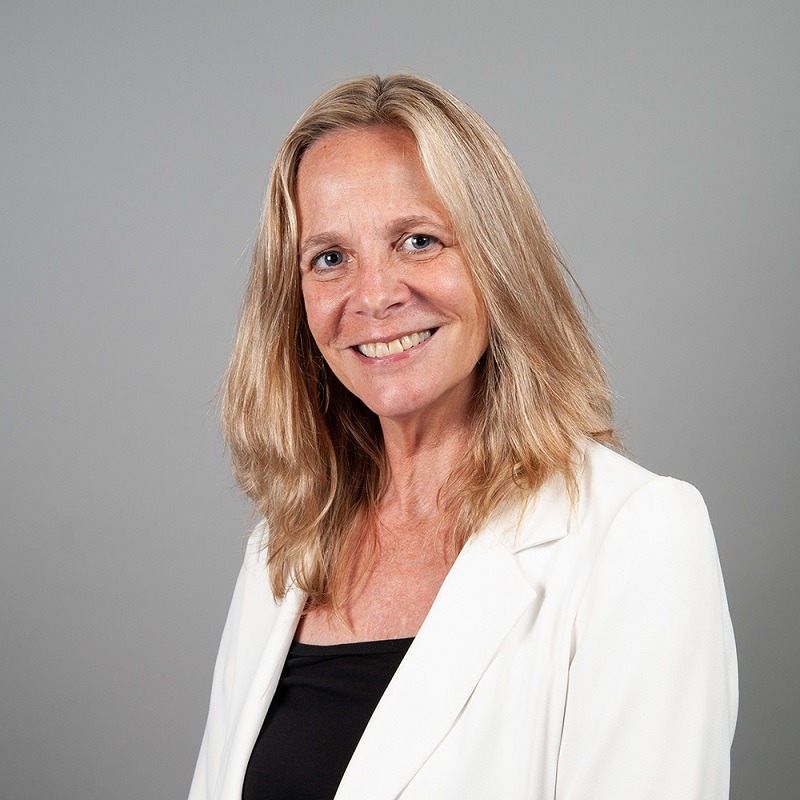
Sarah Armstrong
Executive Director, Internet Society Foundation
Introduction
In 2020, the Emergency Response Program offered grant awards of up to $500,000 for Internet-based projects that responded to challenges presented by the COVID-19 pandemic. Four organizations were awarded grants throughthis program.The grantee organizations and their respective projects included:
- Help NGO ($499,000) —expanding Internet connectivity for health facilities
- Amref Health Africa ($275,000) —building the COVID-19 health workforce in Africa through online learning
- OneSky ($432,147) —expanding an online learning platform that connects caregivers across Asia
- Chequeado ($276,667) —fighting the spread of disinformation through a digital fact-checking platform
With this grant program now concluding, this report seeks to share highlights of what these four projects achieved, in addition to what the Foundation learned from this grant cycle.
AmrefHealth Africa
Building COVID-19 health workforce through online learning
Headquartered in Nairobi, AmrefHealth Africa is the largest Africa-based healthcare nonprofit, with a mission to strengthen health systems and train African health workers to respond to the continent’s most critical health challenges. Our support enabled Amref to equip health workers workers across Africa with the information they needed to teach communities how to prevent and treat COVD-19.
Challenges faced:
- Low course completion rates at 40%
- Learners’ low computer literacy level delayed progress and completion
- Access to Internet and the expense of data bundles became deterrent for learners to continue the courses
Adaptations made:
Offered financial incentives for data and Internet bundles and provided hotspots; reducing the burden on healthcare workers who had to pay for data to take the courses.
How did this grant make a difference to the problem?
Despite the desire to serve their communities, health workers often find themselves unable to act due to lack of knowledge and other resources. This situation was further exacerbated during the early months of the pandemic, when health workers had little knowledge about COVID-19 and were therefore unable to adequately serve patients at health facilities and in their communities. This grant provided them with knowledge on COVID-19 that served both their individual and community needs. As a result, over four million people will benefit from services by this empowered group of health workers, whose confidence and skill levels have directly increased as a result of the training they received.
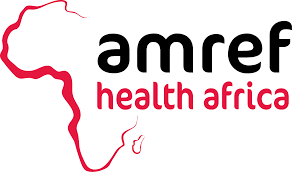
Granted:
$274,851
Team location:
Kenya
Key results:
- Enrolled 10,000 healthcare professionals in the COVID-19 courses, reaching a total of 10,485 learners by the end of the project, 105% of initial goal
- Enhanced training platform to include SMS broadcast service, user support bot and a survey to collect learner feedback
- Saw Ministries of Health across the target countries embrace the opportunity to train their health workers and health regulatory bodies agreeing to accredit the courses
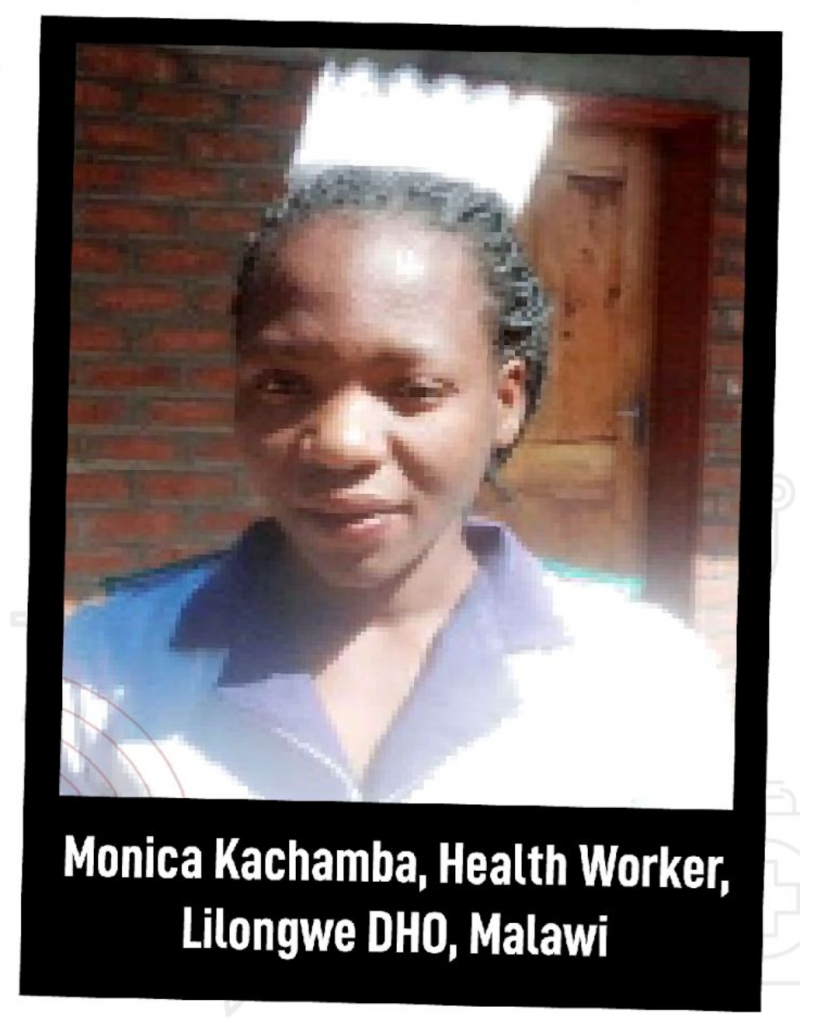
The training has benefited me a lot as a bedside nurse because it was my first formal COVID-19 training. I have gained a lot of knowledge on management of COVID-19 patients. Besides, I now have factual information that has helped clear the myths, misconceptions, and the wrong information I had about the pandemic.
Monica Kachamba, health worker, Lilongwe DHO, Malawi
Chequeado
Fighting the spread of disinformation through digital fact-checking platforms
Based in Argentina, Chequeado has built an innovative fact-checking platform that enables Latin American fact-checkers to rapidly verify information for the public. Through our support, they were able to establish a COVID-19 fact checking network in four countries, which helped to educate the public and reduce misinformation about the pandemic.
Lessons learned:
Much needs to be done to enable fact-checkers to monitor the larger narratives that often drive specific pieces of disinformation
How did this grant make a difference to the problem?
Chequeado has consolidated its position as the leading fact-checking organization in Latin America, supporting new initiatives in other countries and developing technology and methodologies specifically designed for Spanish-speaking fact-checkers. This work highlights the incremental nature of success in the fact checking field, in this case demonstrated by the time saved for newsrooms when able to verify information through technology. While Chequeado has been working to promote collaboration between fact-checkers since 2014, the pandemic provided the necessary conditions for the development of this type of work on a large scale. This project confirms the importance of collaborative work on issues of regional scope, such as misinformation about COVID-19 and vaccines.
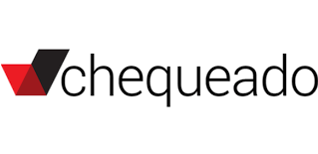
Granted:
$276,667
Team location:
Argentina
Key results:
- Established connections to fact checking organizations in Argentina, Brazil, Peru and Spain and identified four topics to track in collaboration with LatamChequea.
- Developed and improved three technological tools to make the fact-checking process faster in the newsroom. At least three newsrooms in Colombia, Cuba, and Venezuela have seen a significant shift in their verification process i.e. the amount of time it takes to fact check information.
- Produced five articles detailing how disinformation flows about COVID-19 in Latin America, which were used to secure more funding from the National Endowment for Democracy (NED).

Help.NGO
Expanding Internet connectivity for health facilities
Help.NGO’s mission is to fill the void that exists between the time a disaster happens and that of the traditional response effort. Its team consists of an all-volunteer force of first responders, subject matter experts, and prior service military personnel trained to respond within the first 24-48 hours of a disaster. With our support, HELP.NGO was able to expand Internet connectivity for key facilities involved in the COVID-19 response, including hospitals.
Adaptations made:
- The initial strategy anticipated a large number of temporary field type hospitals being set up, however as the virus and treatment became clearer the healthcare strategy shifted. Help.NGO adjusted the type of equipment and type of facilities they normally provided in order to adapt to the changing needs on the ground.
- In the future Help.NGO will look to engage more with local Internet Society chapters and use their knowledge and connections within individual countries to rapidly identify needs and liaise with appropriate government counterparts.
Lessons learned:
Identified an overwhelming need for connectivity to support ad hoc locations that are involved in the COVID-19 response, especially as facilities are expanded or setup in new areas. To address this need, Help. NGO has secured private sector tech partnerships to support with additional equipment to support future deployments.
How did this grant make a difference to the problem?
This grant and its quick disbursement made it possible for Help.NGO to provide critical connectivity to over 1,000 healthcare workers across four continents, supporting their response and treatment of tens of thousands of patients. Without this grant Help.NGO would only have been able to cover approximately 20% of the intervention areas achieved in this activity. Help.NGO will build on this work in 2021, having secured another grant of $500,000 from the Internet Society Foundation.
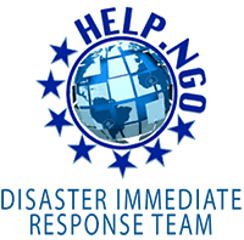
Granted:
$499,000
Team location:
Various
Key results:
- Established over 150 Internet connectivity sites (exceeding initial goal of 24) and deployed Internet points of presence across seven countries
- Supported over 1,000 critical healthcare workers with connectivity for the pandemic while they provided care to over 10,000 COVID-19 patients
- Responded to a sudden new wave of COVID (Delta Variant) in India, providing Internet connectivity to over 100 emergency vehicles
- Continued to provide and expand connectivity in Haiti where civil unrest combined with a new wave of COVID infections is straining medical facilities
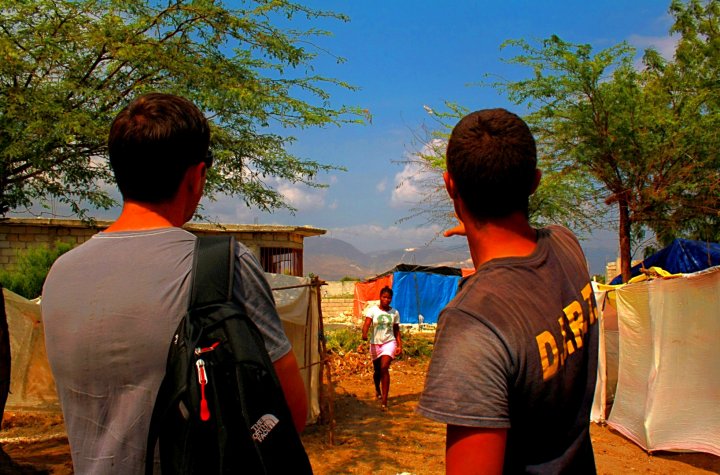
OneSky
Expanding online learning platform that connects caregivers across Asia
OneSky is a a training organization that helps communities and caregivers across Asia to unlock the potential in our world’s most vulnerable young children. Our support enabled OneSky to expand their online platform’s capabilities for distance learning, providing a stable learning community at a time when caregivers could not access face-to-face support.
Challenges faced:
Saw disruption of pilot programs in Hong Kong and Mongolia due to COVID-19 outbreaks and recurring lockdowns.
Adaptations made:
Deployed digital content for parents through other channels and existing platforms like Facebook.
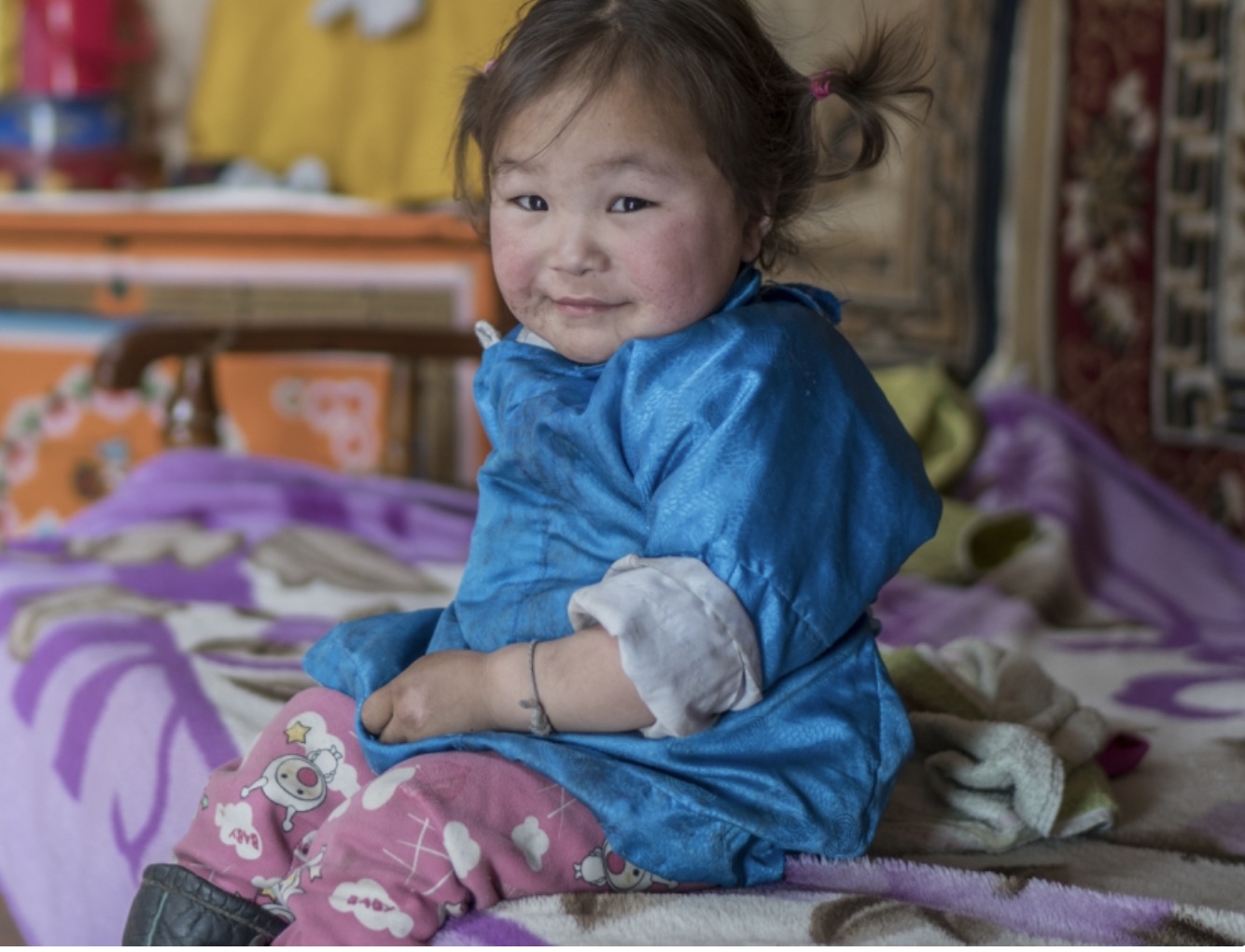
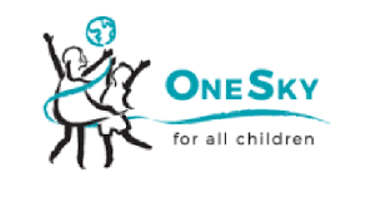
Granted:
$432,147
Team location:
California
Key results:
- Created and deployed digital content to over 1,100 frontline caregivers
- Completed technical improvements of 1BigFamily platform and the integrated database.
- Saw over 100 providers logging into the platform daily, with a 178% increase in discussion comments and a 152% increase in content uploaded by childcare providers in Vietnam
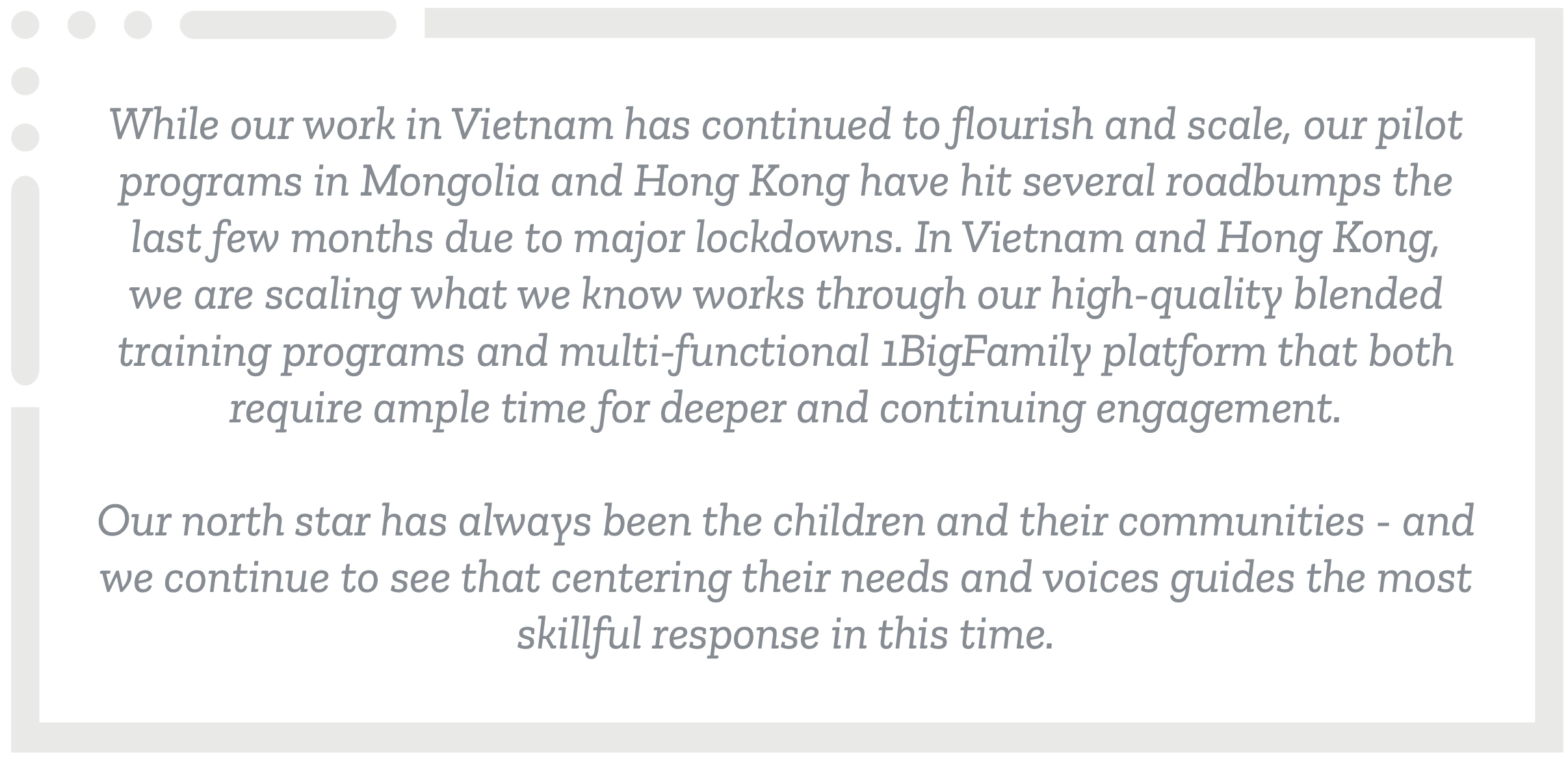
Thank you for being flexible with the budget and reallocations, that meant we could change activities and adapt better to the changing times and that was important for us to execute the project in the best possible way and to have the most impact that we could.
Olivia – Chequeado
I have really come to appreciate this platform that is really open and allows us to speak about challenges and opportunities, for that I say kudos to the team.”
Diana – Amref
I think the diversity of fields, continents among us creates different insights. That insight piece of co-learning together was really valuable. For me the word is accompaniment, I felt really accompanied on this journey. I appreciate the flexibility, the trust, the willingness to check in and engage on what the challenges are.
Tim – OneSky
What our grantees learned
Each grantee organization achieved solid results in their individual projects. The funding awarded enabled each of the grantees to enlarge their scope and reach into new countries, and to test out their project theories of change in real time during a pandemic.
To summarize the lessons they learned about emergency response projects:
- Do what you know
- Leverage local networks and partnerships
- Invest in pre-project mapping
- Be nimble.
Lessons for the Foundation
- Communities need connectivity – The 2020 round of funding clarified a narrower thematic focus for our Emergency Response funding. Across all the projects, a common thread emerged around connectivity, reinforcing the fact that communities need connectivity in order to leverage the Internet to solve problems after a crisis. Therefore for 2021, the Foundation is exclusively supporting projects that provide connectivity to vulnerable populations and those disproportionately impacted by Covid.
- Flexibility creates space for open conversations – Flexibility and an open attitude to learning on the Foundation side created an environment where grantees could freely discuss changes to targets, scope and location of projects, in order to meet the project objectives.
- Local partnerships are critical – The 2020 projects that prioritized accurate mapping of beneficiary networks and communities were able to implement and adapt fast during the extended pandemic. For future funding, the Foundation is making it a point to ask applicants to explain their roots in beneficiary communities as well as any existing local partnerships, in order to facilitate this process going forward.
